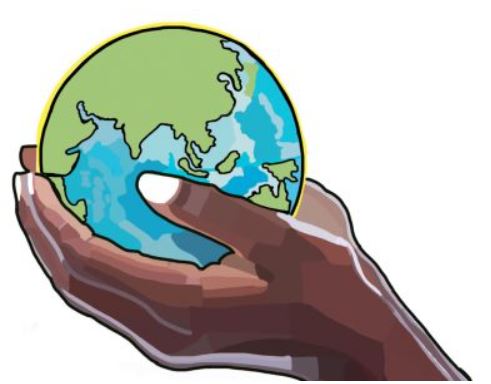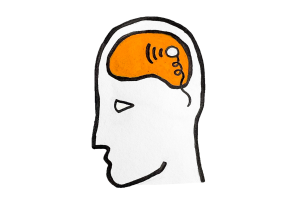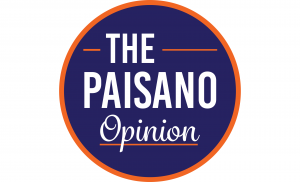Black men, your mental health matters

Graphic by Alex Hanks
March 2, 2021
I am a black man in America. I enjoy manicures, romantic comedies and sometimes cry at the slightest inconveniences because it makes me feel better. I stand comfortable in my identity and don’t think of myself as any different. I would not categorize myself as hyper-masculine and I am okay with that. I allow myself to feel my emotions and tend to seek help from others when I need it concerning my own mental health. However, I know for many black men, we feel the need to present ourselves in a masculine approach to get respect from our peers. Not all of us are as expressive as the next Black man. Therapy can be seen as secondary and maintaining a strong posture when dealing with problems is required with little room to show emotion. After conversations with close Black friends, I have witnessed the detrimental effects this can have on our ability to communicate and express our mental health. Black men are at risk for several different mental health issues that we have little to no knowledge about them beyond a stereotype.
The suicide rates continually rise for Black men as we are three times more likely than Black women to commit suicide. Furthermore, as of 2018, Black adults, in comparison to others within the United States, have almost equal rates of suicide ideation and attempts. The need to speak up about the current state of Black men’s mental health deserves more attention and resources for the cause. Mental health discussions between and for Black men can no longer be an afterthought.
As black men, we have heard the terms ‘communicate’ and ‘express’ ourselves, but many of us are unsure what that looks like. In our own culture, when therapy gets brought up, the idea usually gets met with ‘that’s some white people stuff’ or ‘you have clothes and a home, you should not be sad.’ These responses are disheartening, causing many of us to suppress our emotions and feel invalidated. As emotions get suppressed, we are less likely to communicate and act in a more aggressive manner towards our loved ones. I know, bringing back past traumas that silently haunt us is troubling, but we can truly learn a lot about ourselves. A way we can improve our ability to share experiences that trouble us is by creating a supportive environment where we can empathize with one another. No longer should we bring down each other when we show courage sharing our emotions, even if it’s the slightest inconvenience.
Communicating is difficult when you are at a crossroads with yourself or have something that needs to be addressed with someone close to you. I encourage you to feel those emotions, and when you are ready, slowly discuss how that situation made you feel. It is okay to want to cry. It is okay to be more involved in activities and ideas that might seem more ‘feminine.’ It would not make you any less of a man than you already are to participate in environments that make you happy. I challenge you to not look for the acceptance of another man to showcase your bravado but rather explore the opportunities that lie within being more fluid in finding yourself. Mental health wellness starts with many things; however, how you identify with yourself is paramount. Black men, your mental health matters.









